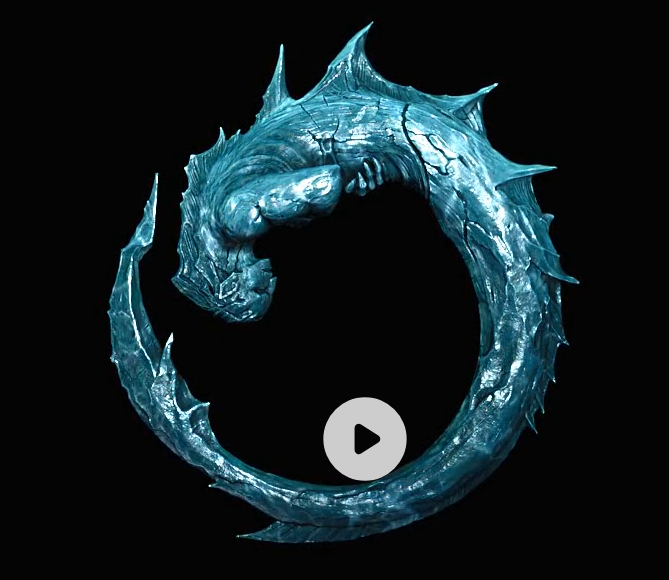\"Never Let Me Go\" is a 2005 dystopian science fiction novel by Kazuo Ishiguro, who is a Nobel Prize-winning British author. The story is narrated by Kathy H., who reflects on her life at a seemingly idyllic boarding school called Hailsham. As the narrative unfolds, it becomes clear that Kathy and her friends, including Tommy and Ruth, are not ordinary students; they are clones raised for the purpose of donating their organs.
The novel explores profound themes such as memory, identity, and the ethical implications of cloning. Kathy\'s recollections reveal the emotional complexities of her relationships with Tommy and Ruth, as well as the harsh realities of their predetermined fates. The characters grapple with their limited existence and the societal indifference towards their lives, prompting readers to reflect on what it means to be human.
Ishiguro\'s writing is characterized by its lyrical prose and subtle emotional depth, creating a haunting atmosphere that lingers long after the story concludes. The narrative raises critical questions about the nature of love, loss, and the human experience, making it a poignant commentary on the value of life and the moral dilemmas surrounding scientific advancements.
\"Never Let Me Go\" has received widespread acclaim, being shortlisted for the 2005 Man Booker Prize and recognized as a modern classic. Its exploration of the fragility of life and the quest for meaning resonates with readers, inviting them to consider the ethical boundaries of humanity and the importance of cherishing every moment.





























.jpg)

.jpeg)
.jpg)

















.jpg)





.jpg)



.jpeg)
.jpeg)


.jpg)

.png)


.jpg)













.jpg)



.jpeg)

.jpg)




.jpeg)

